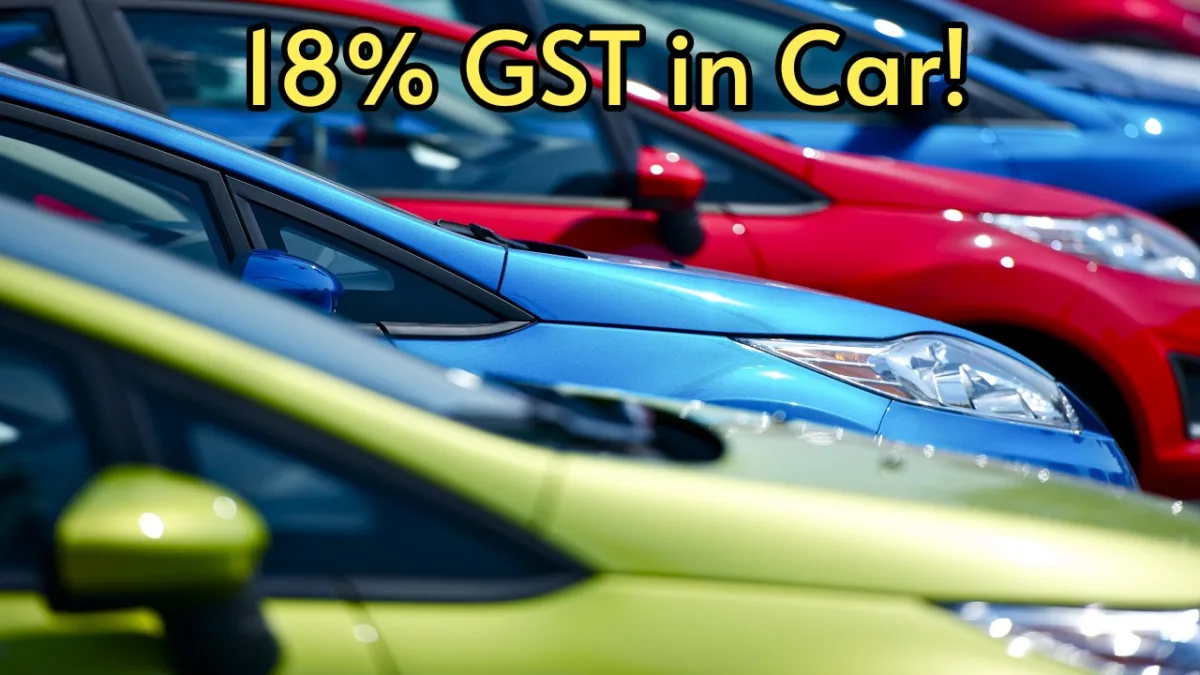Revised GST Rates on Used Cars: Key Details and Impact

The GST Council has clarified that an 18% GST rate will now apply to the sale of all used vehicles, including electric vehicles (EVs), as of December 21. This update has generated significant discussions, particularly concerning its implications for businesses and the pre-owned car market.
How the 18% GST Will Work?
The revised GST rate is applicable in the following scenarios:
1. For Businesses:
- The tax will only apply to the margin value of the supplier, calculated as the difference between the selling price and the purchase price.
- If the supplier has claimed depreciation under Section 32 of the Income Tax Act, GST will be calculated on the difference between the selling price and the depreciated value.
- No GST is payable if the margin is negative.
2. For Individuals:
The exchange of used cars between individuals will continue to attract a 12% GST.
3. Previously Applicable Rates:
Before this clarification, an 18% GST was already applied to specific vehicle categories, such as:
- Old petrol vehicles with an engine capacity of 1200 cc or more and a length exceeding 4000 mm.
- Diesel vehicles with an engine capacity of 1500 cc or more and a length of over 4000 mm.
- SUVs meeting specific criteria.
Examples of GST Calculation
Here’s how the revised GST rules will work in practice:
Example 1:
- Purchase price: ₹20 lakh
- Depreciated value: ₹12 lakh
- Selling price: ₹15 lakh
- Margin: ₹3 lakh
- GST payable: 18% of ₹3 lakh = ₹54,000
Example 2:
- Purchase price: ₹20 lakh
- Depreciated value: ₹8 lakh
- Selling price: ₹10 lakh
- Margin: Negative (₹10 lakh – ₹8 lakh)
- No GST payable.
Example 3:
- Purchase price: ₹12 lakh
- Selling price: ₹10 lakh
- Margin: Negative (₹10 lakh – ₹12 lakh)
- No GST payable.
Example 4:
- Purchase price: ₹20 lakh
- Selling price: ₹22 lakh
- Margin: ₹2 lakh
- GST payable: 18% of ₹2 lakh = ₹36,000
Impact on India’s Used Car Market
India’s pre-owned car market, valued at approximately $32 billion, is expected to experience a slowdown due to this change. Industry stakeholders have raised concerns about the affordability of used vehicles, particularly in a country where car ownership remains in the single digits.
Vikram Chopra, CEO of Cars24, remarked, “Policies affecting affordability, like the GST hike, can inadvertently slow progress in increasing car ownership.”
Key Takeaways
- For businesses, the revised GST will focus on supplier margins.
- For individual transactions, the tax rate remains at 12%.
- The market may witness slower growth due to higher tax burdens on businesses dealing in pre-owned cars.
This development highlights the need for businesses and consumers to adapt to the new taxation rules. While aiming for better compliance and revenue generation, this move might reshape the dynamics of India’s pre-owned vehicle sector.



